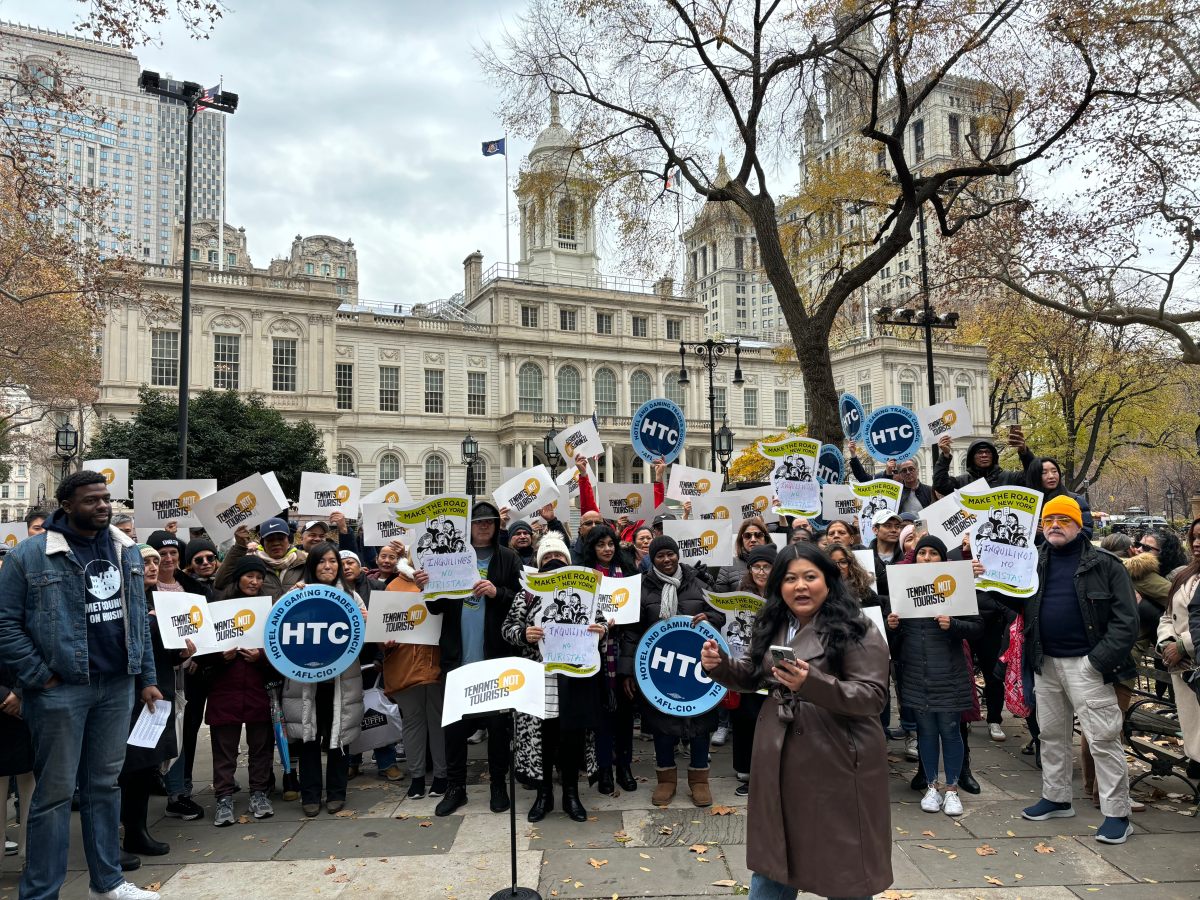POLITICAL NEWS Analysis
(AP) There’s not much President Barack Obama can do to boost the economy in the next five months, and that alone might cost him the November election. But on a range of social issues, Obama is bypassing Congress and aggressively using his executive powers to make it easier for gays to marry, women to obtain birth control, and, now, young illegal immigrants to avoid deportation.
It’s a political gamble that might fire up conservatives, many of whom remain cool to Republican candidate Mitt Romney. Democrats think it’s more likely to inspire enthusiasm among groups that were crucial to Obama’s 2008 victory-young voters, women and Hispanics.
In relatively good times, a firstterm president’s wide array of powers can force his challenger to shift from issue to issue, hoping to find a gap in the incumbent’s armor. This year, that scenario is practically turned on its head.
Romney is the play-it-safe candidate, rarely straying from his jobsand economy talking points and sharply limiting encounters with national reporters. Romney took six hours last Friday, June 15, to offer a short and carefully worded comment that criticized Obama’s new immigration policy for not providing “a long-term solution.”
Romney didn’t say whether he would overturn it if elected. But by noting “it can be reversed by subsequent presidents,” he might have sown doubts in the minds of some young illegal immigrants studying the policy.
Obama looks like the bigger risktaker. He doesn’t have many options.
He is constrained by a complex, interrelated and frail global economy, and by a Republican-run House. Together, they severely limit his ability to influence the struggling U.S. economy, which Obama says needs more investments in education, renewable energy sources and other areas.
With a single action, however, Obama can allow gays and lesbians to serve openly in the military; direct Catholic-affiliated employer insurance plans to cover contraceptives; and protect hundreds of thousands of young illegal immigrants from being deported.
Obama took that last step laset Friday. It delighted many Hispanic groups while prompting Republican officials to grouse more about the process he used than the actual policy.
Democrats enjoy a hefty edge among Hispanic voters, and some Republican strategists fear Romney is widening the gap.
During the primaries to choose a Republican presidential nominee, Romney criticized one rival, Texas Gov. Rick Perry, for granting in-state college tuition to illegal immigrants. The former Massachusetts governor also distanced himself from opponent Newt Gingrich’s call for making it clear the United States will not deport illegal immigrants who have led stable, crime-free lives in the United States for many years.
“This is the right thing to do,” Obama said as he outlined the new policy last Friday.
Sidestepping Congress, where immigration proposals have languished for years, Obama acted to make illegal immigrants immune from deportation if they were brought to the U.S. before they turned 16 and are younger than 30, have been in the country for at least five continuous years, have no criminal history, graduated from a U.S. high school or earned an equivalent diploma or certificate, or served in the military.
Millions of people in the United States, especially younger voters, rallied to Obama’s 2008 campaign because they saw it as a barrier-breaking crusade giving voice to those weary of the Iraq war and falling economic opportunities. Democratic strategists hope to reignite some of that enthusiasm this year.
With significant economic gains so hard to achieve, a possible route is to be seen as expanding or protecting the rights of gays and lesbians, young Hispanics and young women.
In 2010, Congress ended the “don’t ask, don’t tell” policy that prohibited gays from serving openly in the military. He won more praise from gay activists last month when he embraced same-sex marriage, even if the move was largely symbolic. The bigger legal step was his 2011 decision not to enforce a federal law defining marriage as between a man and a woman.
Some Republicans denounced Obama’s deportation decision as pandering. It’s “patently political and self-serving,” and will do nothing to change the fact that jobs and the economy will determine the Nov. 6 election, said Republican strategist Danny Diaz.
But Congress’s Republican leaders were silent on the matter. Republicans know that Hispanic voters are crucial in Florida, Nevada and Colorado, and could make the difference in tight elections in Virginia and North Carolina.
Many Democrats hailed Obama’s move. “It’s the right thing to do for the country, and the right thing to do politically,” said veteran strategist Matt Bennett.” If Republicans directly challenge the decision, he said, it puts them “in the position of saying we should be attacking, legally, innocent children who did nothing wrong.”
Republican consultant Mike McKenna said Obama’s advisers “have obviously made a decision that they are going to win this election by energizing the base. Between this decision and the gay marriage emphasis, they have doubled down on their core and moved away from where most registered voters are.”
McKenna said the strategy might inspire activists on both the left and right to turn out to vote.
But Democratic campaign veteran Doug Thornell sees more gains than risks in Obama’s immigration decision.
“The Republican base is pretty inspired to beat Obama already,” Thornell said. For persuadable voters, he said, “this is in keeping with a president who does big and bold things.” Romney, he said, is “pretty vanilla.”
If the economy were humming, Obama might not need to do big and bold things. But a national unemployment rate of 8.2 percent forces him to take some chances.
That’s what he did last Friday and briefly stole attention from the start of Romney’s five-day bus tour, whose theme is clear: jobs, jobs, jobs.




































